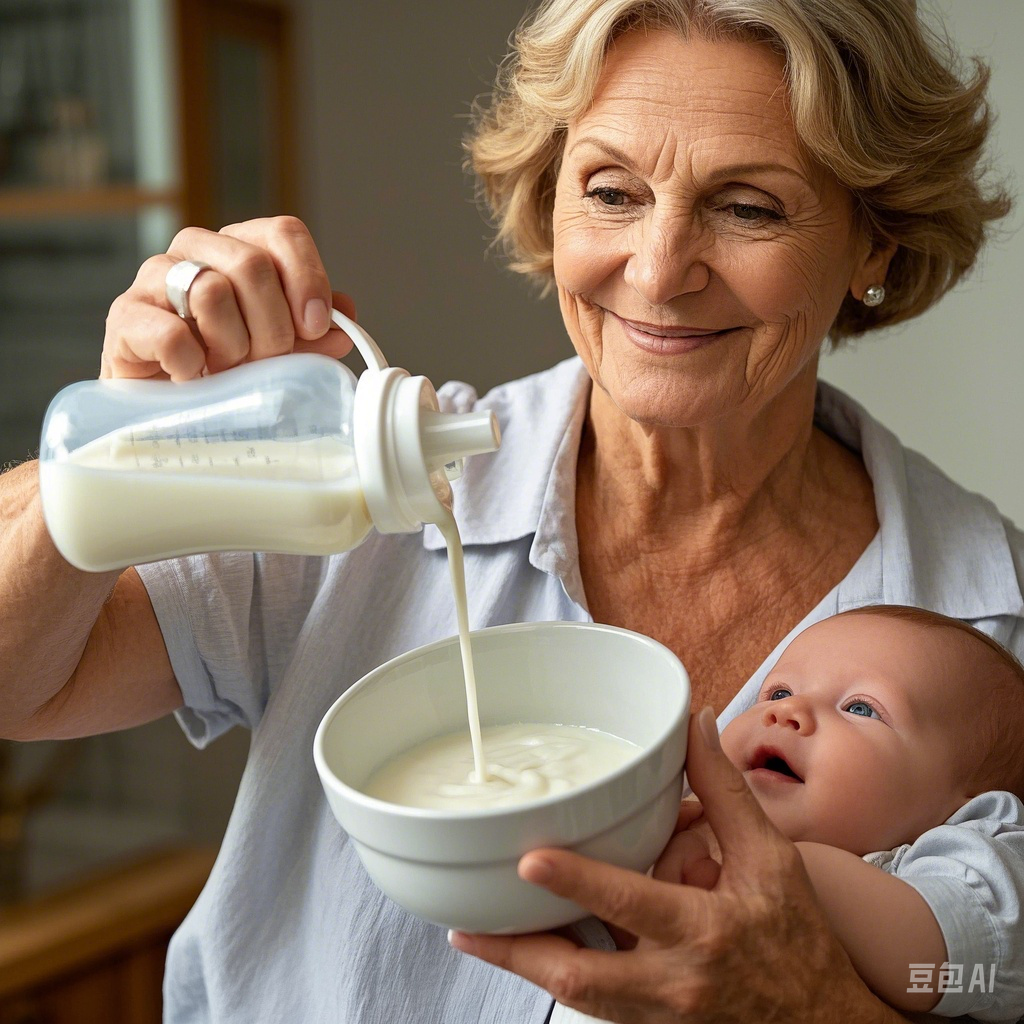
World Health Day: Breast Milk – Your Baby's Liquid Gold at Every Stage
Share
World Health Day, celebrated annually on April 7th, serves as a global reminder of the importance of health and well-being for everyone. This year, let's shine a spotlight on the foundational role of breast milk in infant health. Often referred to as "liquid gold," breast milk is a dynamic and perfectly tailored source of nutrition that evolves to meet your baby's changing needs from the very first feeding.
The First Treasure: Colostrum (Days 1-4)
Imagine a concentrated dose of everything your newborn needs – that's colostrum. This early milk, produced in the first few days after birth, is thick, often yellowish, and packed with vital components. Think of it as your baby's first immunization and superfood all in one.
· Rich in Antibodies: Colostrum is exceptionally high in immunoglobulins, particularly IgA, which coats your baby's immature digestive tract, protecting them from infections. This is crucial as their own immune system is still developing.
· High in Protein, Low in Fat and Sugar: This composition makes colostrum easily digestible for your newborn's tiny stomach. The high protein content supports rapid growth and development.
· Packed with White Blood Cells: These cells further contribute to your baby's immune defense.
· Lactoferrin: This protein helps prevent infection and supports iron absorption.
· Growth Factors: These stimulate the growth and development of your baby's organs.
· Vitamins and Minerals: Colostrum provides essential vitamins and minerals like Vitamin A, crucial for vision, skin, and immunity, as well as zinc and copper, which also support immunity.
Often called "liquid gold" for its color and invaluable benefits, colostrum lays the groundwork for your baby's healthy future. Even small amounts of colostrum are incredibly beneficial.
The Transition Begins: Transitional Milk (Days 4-14)
Around four days after birth, your milk will begin to transition, increasing in quantity and changing in composition. This transitional milk marks the shift towards meeting your baby's growing appetite and evolving nutritional requirements.
· Increased Fat and Lactose: Compared to colostrum, transitional milk has higher levels of fat, providing more energy for your rapidly growing baby. Lactose, a natural sugar, also increases, providing another energy source.
· Still Rich in Nutrients: While the concentration of some antibodies and proteins might slightly decrease compared to colostrum, transitional milk still provides a wealth of vitamins, minerals, and immune-boosting components.
· Preparing for Mature Milk: This stage is a crucial bridge, ensuring your baby receives adequate hydration and calories as your body gears up for the long-term production of mature milk.
You might notice your breasts feeling fuller and firmer during this stage as your milk supply "comes in."
The Sustaining Powerhouse: Mature Milk (From Around 2 Weeks Onward)
By around two weeks postpartum, your breast milk will have fully transitioned into mature milk. While its appearance might seem thinner than colostrum, don't be fooled – it's a complex and perfectly balanced source of nutrition that will continue to adapt to your baby's needs as they grow.
· Optimal Balance of Macronutrients: Mature milk contains the ideal balance of carbohydrates, fats, and proteins to support your baby's growth and development.
o Carbohydrates (Lactose): The primary source of energy for your baby's brain and body.
o Fats: Crucial for brain development, nerve function, and the absorption of fat-soluble vitamins. The fat content can even vary within a single feeding, with hindmilk (the milk at the end of a feed) being richer in fat, promoting satiety.
o Proteins: Essential for building and repairing tissues. Mature milk contains over 1000 different proteins that support brain development and the immune system.
· Micronutrient Rich: Mature milk is packed with vitamins (A, D, E, K, C, B vitamins), minerals (calcium, iron, zinc), and trace elements vital for your baby's overall health and well-being.
· Live and Dynamic: Mature milk is a living fluid containing white blood cells that continue to protect your baby from infections. Amazingly, the composition of your milk can even change in response to your baby's needs. If your baby is fighting off an illness, your milk will produce more antibodies to help them recover.
Conclusion:
On this World Health Day, let's celebrate the incredible power of breast milk. From the concentrated immunity boost of colostrum to the balanced nutrition of mature milk, every stage offers unique and vital benefits for your baby's healthy growth and development. Embrace the journey, seek support when needed, and remember that you are providing your little one with the very best start in life. Anwike is honored to be a part of your breastfeeding story.
Disclaimer: This info is for learning, not medical advice. Talk to a healthcare pro for personal guidance.
